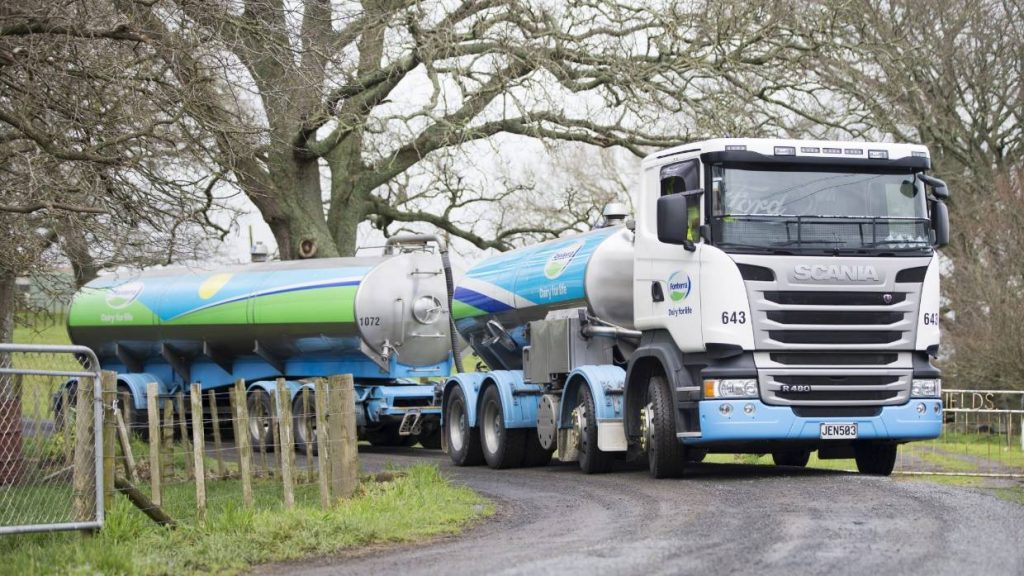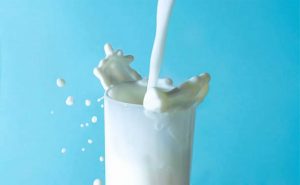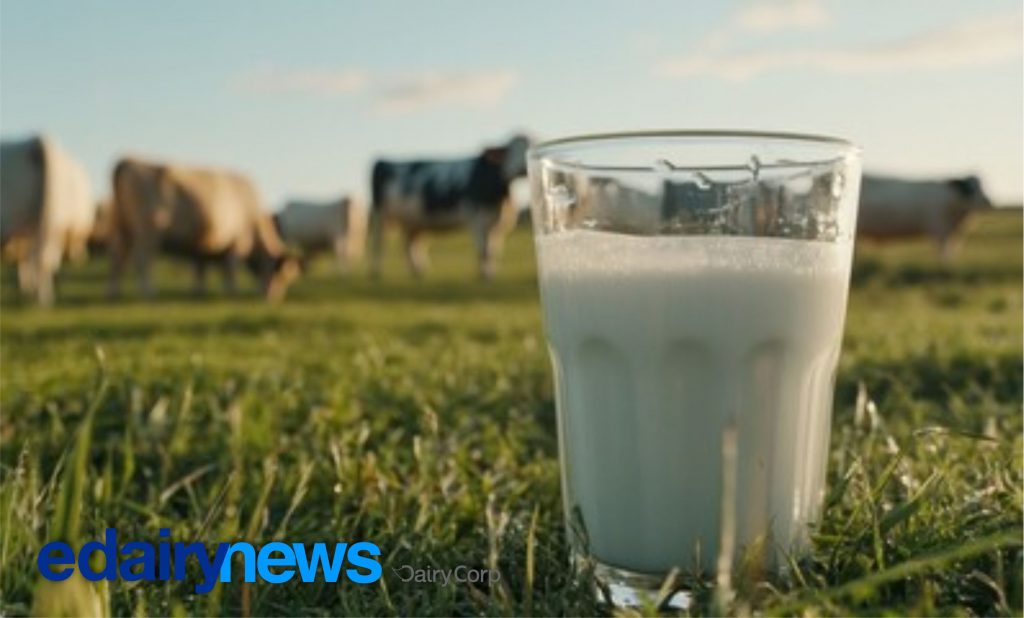The 2019/20 forecast farmgate milk price range has narrowed from $7.10 to $7.30 per kilogram of milk solids to $7.10 to $7.20 per kilogram of milk solids.
The mid-point, of which farmers are paid, has reduced to $7.15 per kilogram of milk solids, down from $7.20.
The 2020/21 forecast range has narrowed from $5.40 to $6.90 per kilogram of milk solids to $5.90 to $6.90 per kilogram of milk solids.
The mid-point has increased to $6.40 per kilogram of milk solids, up from $6.15 per kilogram of milk solids.
Fonterra chairman John Monaghan said the narrowing of the 2019/20 milk price toward the lower end of the previous range was the result of a strengthening New Zealand dollar versus the US dollar over the past two months.
A strong New Zealand dollar can be bad for exporters because it makes New Zealand goods more expensive to overseas buyers.
The co-operative will announce the final 2019/20 Farmgate Milk Price as part of its annual result in September.
Monaghan said lifting to the bottom end of the range of the 2020/21 forecast was predominantly due to improved market conditions in China.
“After an initial shock due to Covid-19, dairy consumption in China is recovering with more people spending on food,” Monaghan said.
“We’re seeing customers ramp up promotional activity as they look to catch up on the sales losses incurred over lockdown.”
European Union and United States governments’ support measures for farmers were holding up milk production and dairy commodity prices, he said.
The support measures were likely to continue through the peak of the New Zealand season, he said.
“While there is still a high level of uncertainty in our global markets, we do see a lowering level of risk and this supports a decision to lift the bottom end of the price range.”
Milk supply from the EU, US and Latin America was increasing despite the impact of Covid-19.
There continued to be uncertainty around how the global recession and the potential for a second wave of Covid-19 globally could impact demand, he said.
Fonterra was advising farmers to continue budgeting with caution.













